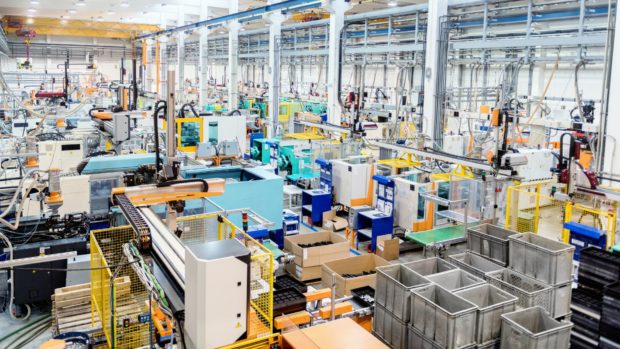MANILA -The country’s manufacturing sector continued to expand in June, albeit at a slower pace amid signs of weakening demand for the products as well as subdued hiring.
The S&P Global Philippines Manufacturing PMI (purchasing managers index) was pegged at 50.9 in June, easing from 52.2 in May.
According to S&P Global, the Philippine manufacturing sector has been expanding year-on-year for the 17th consecutive month, but the June readout was the weakest in 11 months or since July 2022.
A PMI of above 50 means an overall increase (more positive responses than negative) while less than 50 means an overall decrease (more negative answers than positive).
Overall growth
Based on S&P Global’s latest monthly survey in the Philippines, overall growth in June was supported by continued expansion in production and factory orders. Even then, growth in both these factors was slower compared to May.
The S&P Global PMI for the Philippines is based on a survey of managers at 400 companies who decide on choosing suppliers and buying supplies of production inputs.
S&P’s PMI is a weighted average of five indices—30 percent based on new orders; 25 percent on output; 20 percent on employment; 15 percent on supplier delivery times; and 10 percent on stock purchases.
Maryam Baluch, an economist at S&P Global Market Intelligence, said that in June, rates of input price and output charge inflation slowed and were the softest recorded in over two-and-a-half years.
PH factory activity expansion accelerated in May
Optimistic about growth
Balunch noted that with inflationary pressures fading and global economic uncertainties still a looming threat to growth, the Bangko Sentral ng Pilipinas maintained its policy rate at 6.25 percent for the second successive policy meeting in June.
PH inflation rate for May 2023 slows down further to 6.1%
“Going forward, the sector remains optimistic of growth in the coming 12 months,” she said. “However, global headwinds could dampen the outlook for manufacturers in the Philippines.”
Michael Ricafort, chief economist at Rizal Commercial Banking Corp., said the latest improvement in the Philippine PMI eased as exports as well as imports declined.
Ricafort said trade in goods was weakening amid the risk of recession in the United States as an unintended consequence of the aggressive interest rate hikes by the US Federal Reserve and other central banks starting last year.
“The still relatively higher inflation and higher interest rates that increased borrowing costs also weighed on manufacturing activities,” Ricafort added.
